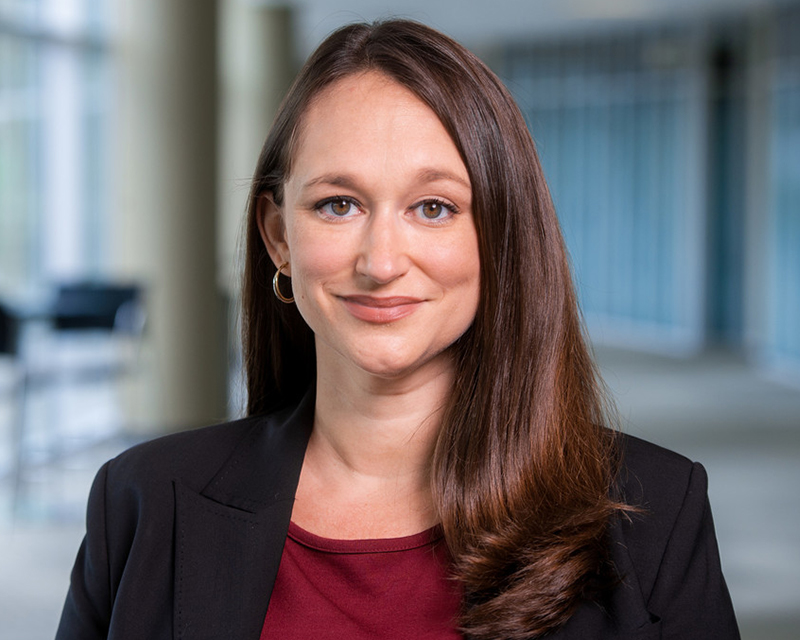The Alabama State Department of Education has recently launched a $600,000 grant project focusing on developing Multi-Tiered Systems of Support (MTSS) for school districts in Alabama over the next two years, with experts from UAB leading the charge.
 Robin Ennis, Ph.D., associate professor in the School of Education's Department of Curriculum and Instruction, is supporting the MTSS training grant by leading the grant's training and technical assistance on behavior and social-emotional learning to school districts across Alabama as a part of a $600,00 contract.
Robin Ennis, Ph.D., associate professor in the School of Education's Department of Curriculum and Instruction, is supporting the MTSS training grant by leading the grant's training and technical assistance on behavior and social-emotional learning to school districts across Alabama as a part of a $600,00 contract.
The initiative includes five pilot school districts and 33 cohort 1 districts, bringing the total school districts involved with the grant to 38. The goal of the state-wide grant is to have all Alabama school districts involved in this training by 2027.
The Alabama MTSS framework involves academics, behavior, and foundational wellness. Foundational Wellness - involves all students' basic needs from nutritional, physical, social, emotional, and general wellness perspectives. Ennis and her team will be working with the state department to provide training that offers educators across the state more impactful ways to assist the students and teachers in their school systems.
A multi-tiered system of supports (MTSS)
is a proactive and preventative framework that integrates data and instruction to maximize student achievement and support students' social, emotional, and behavioral needs from a strengths-based perspective. MTSS offers a framework for educators to engage in data-based decision-making related to program improvement, high-quality instruction and intervention, social and emotional learning, and positive behavioral supports necessary to ensure positive outcomes for districts, schools, teachers, and students. The MTSS framework is comprised of four essential components: screening, progress monitoring, multi-level prevention system, and data-based decision.
Ennis will be going into the schools and working with designated teams to review each school's framework and identify strategies that are specific to each school's entire student body needs, overall culture, and available resources.
"I hope that while conducting these training sessions and working with school districts, we will understand each school's priorities for further professional development to help their diverse student populations," states Ennis. "Providing a well-rounded understanding of how to provide a more safe and effective learning environment for every student will ultimately help the teachers, the students, and their families improve their foundational wellness as a whole."
In the future, Ennis plans to use her expertise and lean on colleagues in the School of Education and across the UAB community to help serve as experts when school districts need assistance with a specific topic or area of study.
The training sessions have already begun in some of the pilot school districts and will continue through the next two years with extensions in place.
To learn more about the MTSS grant and the special education program at UAB, contact Robin Ennis at